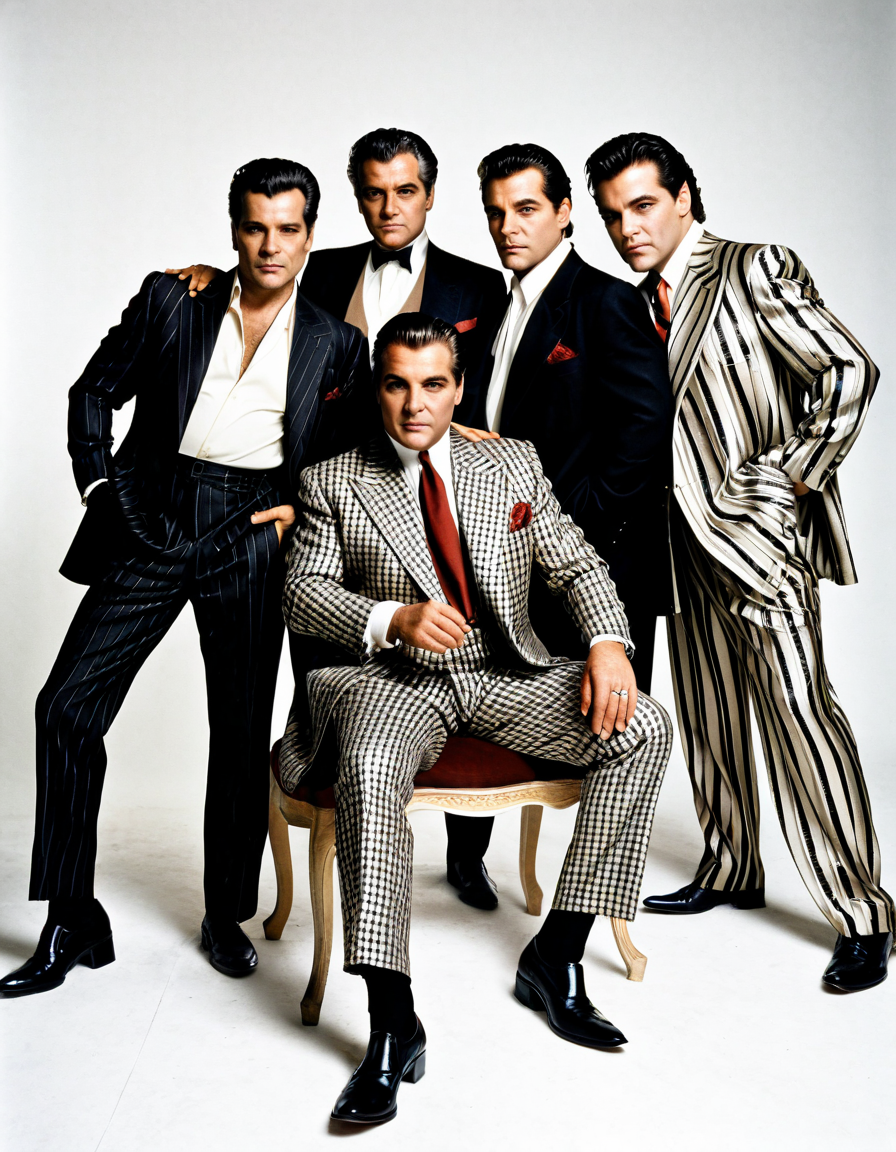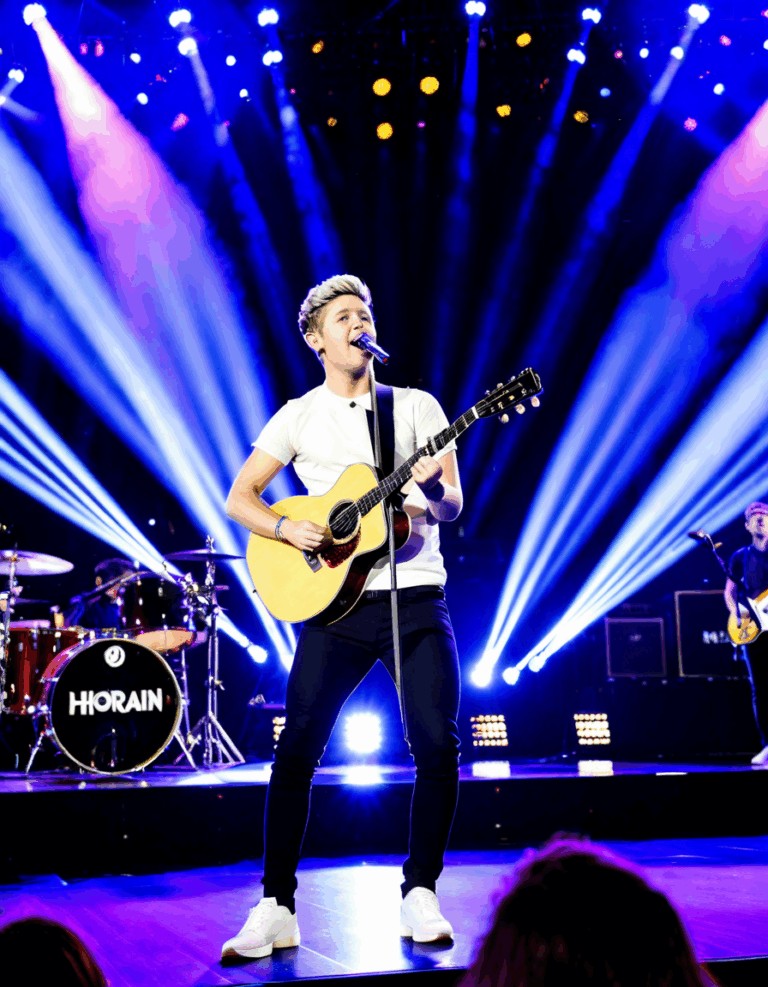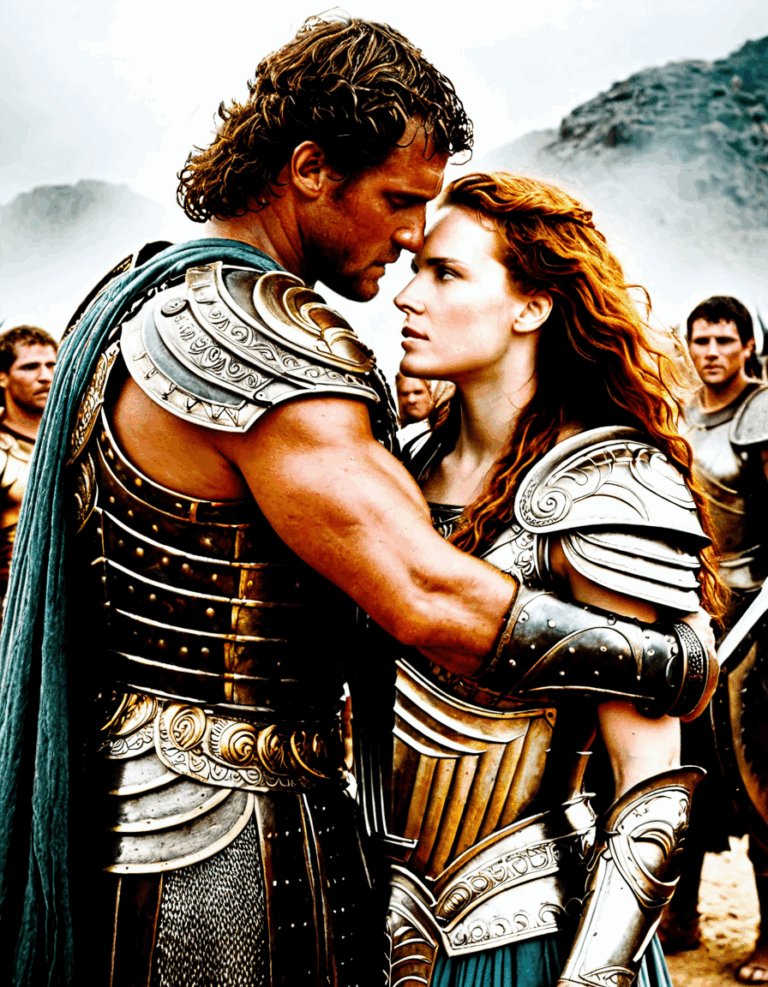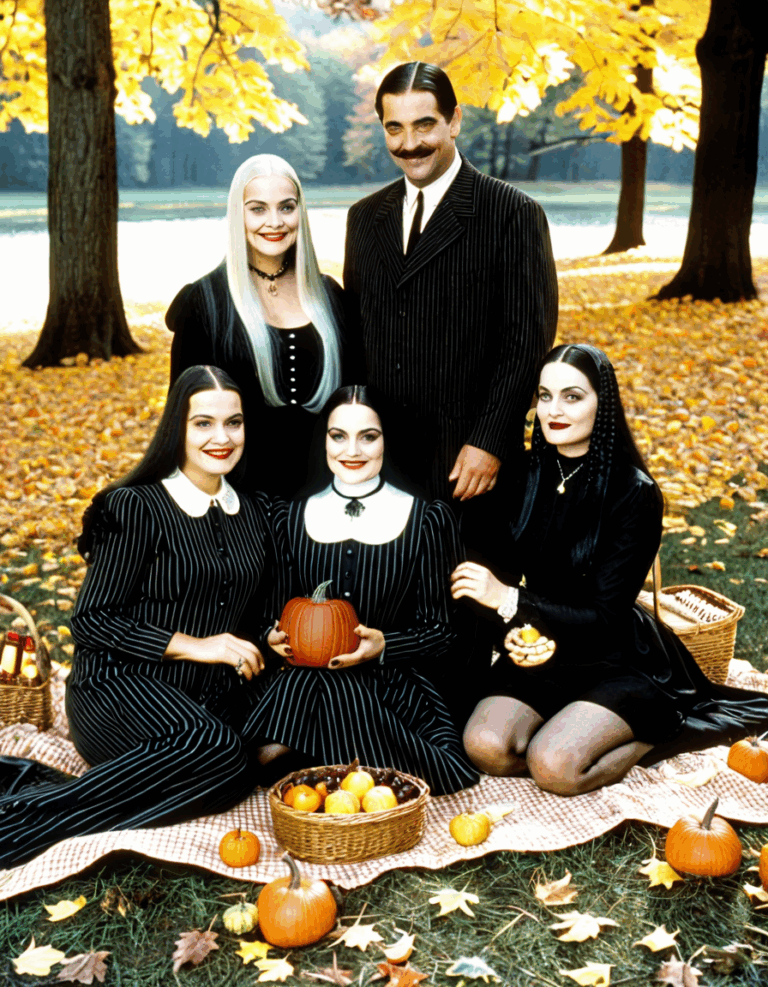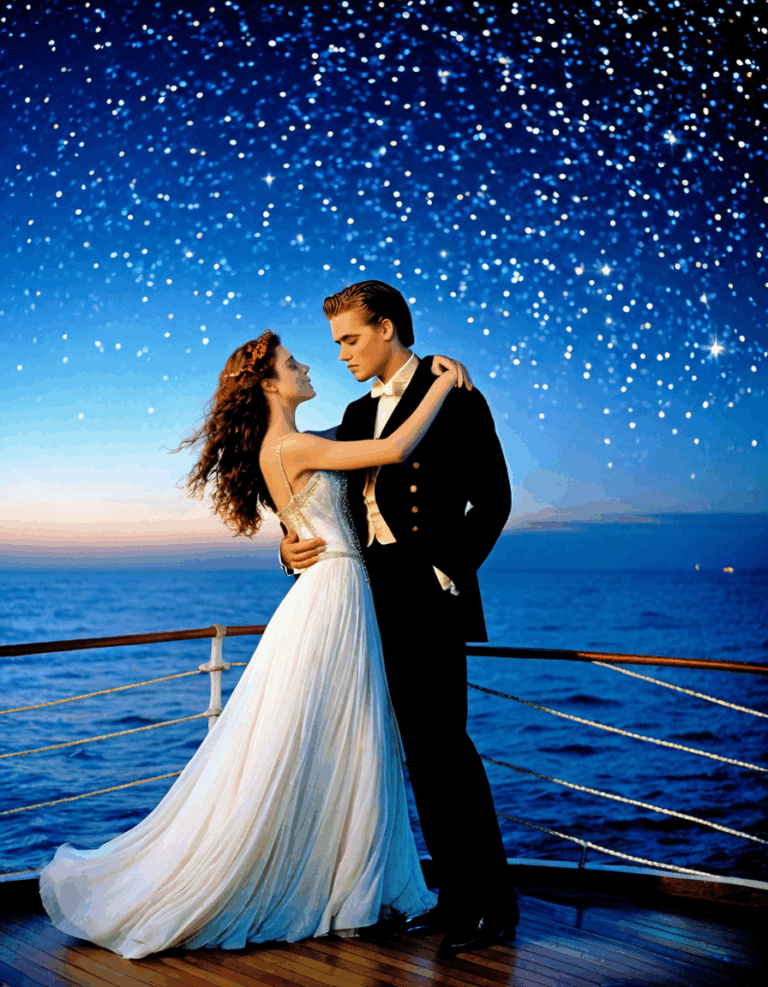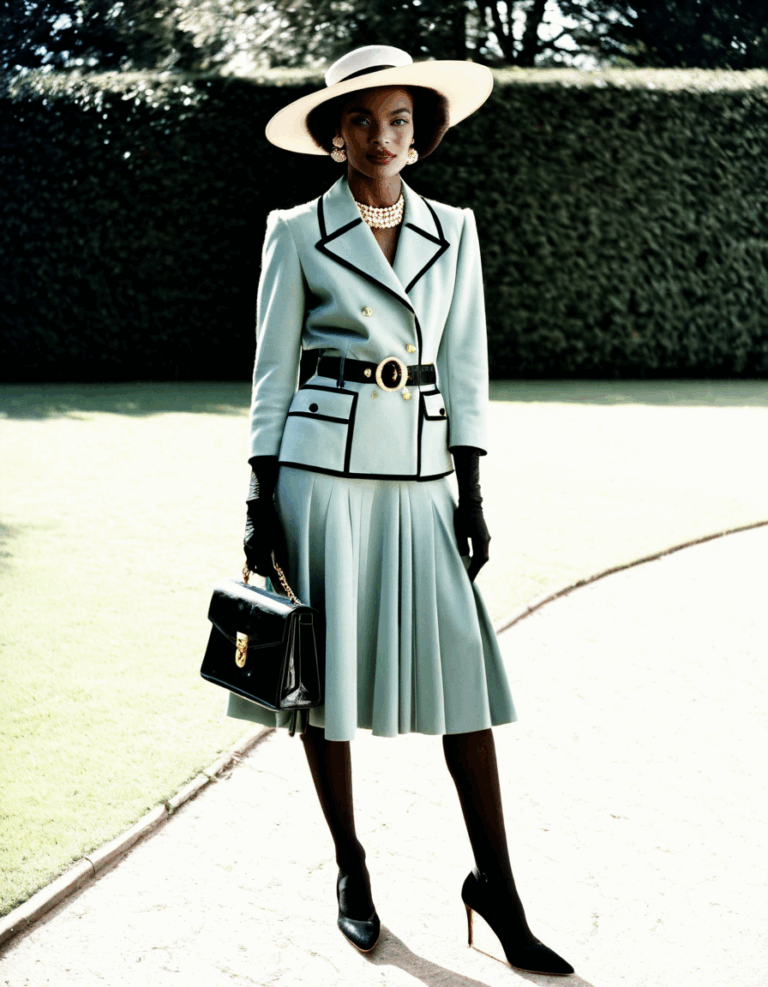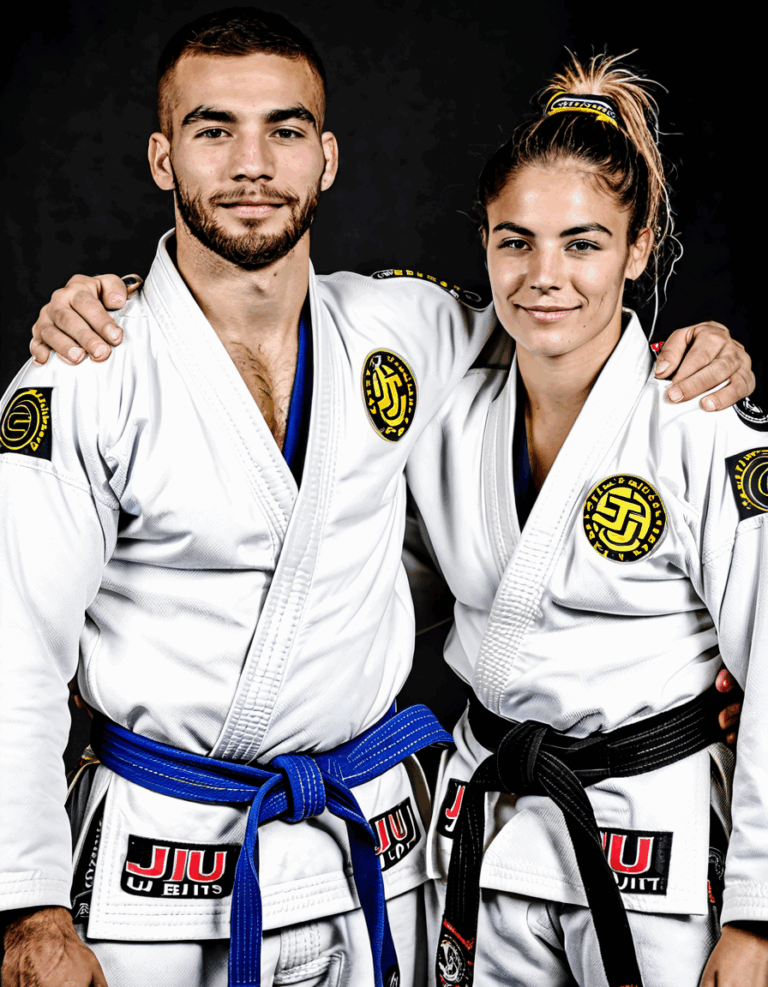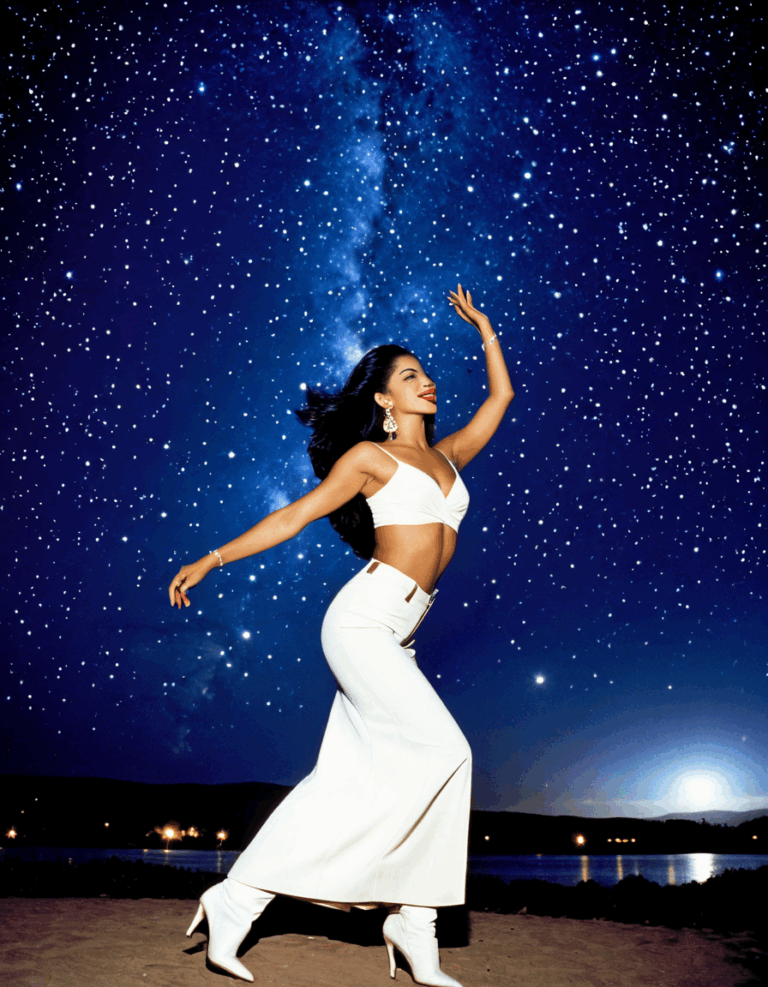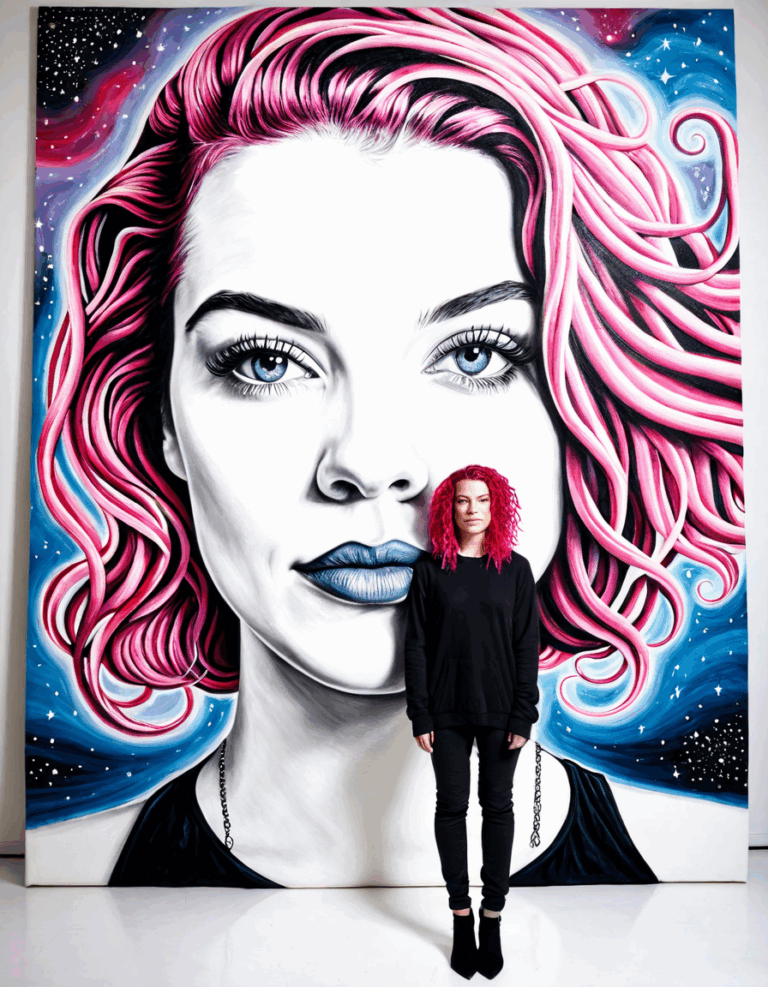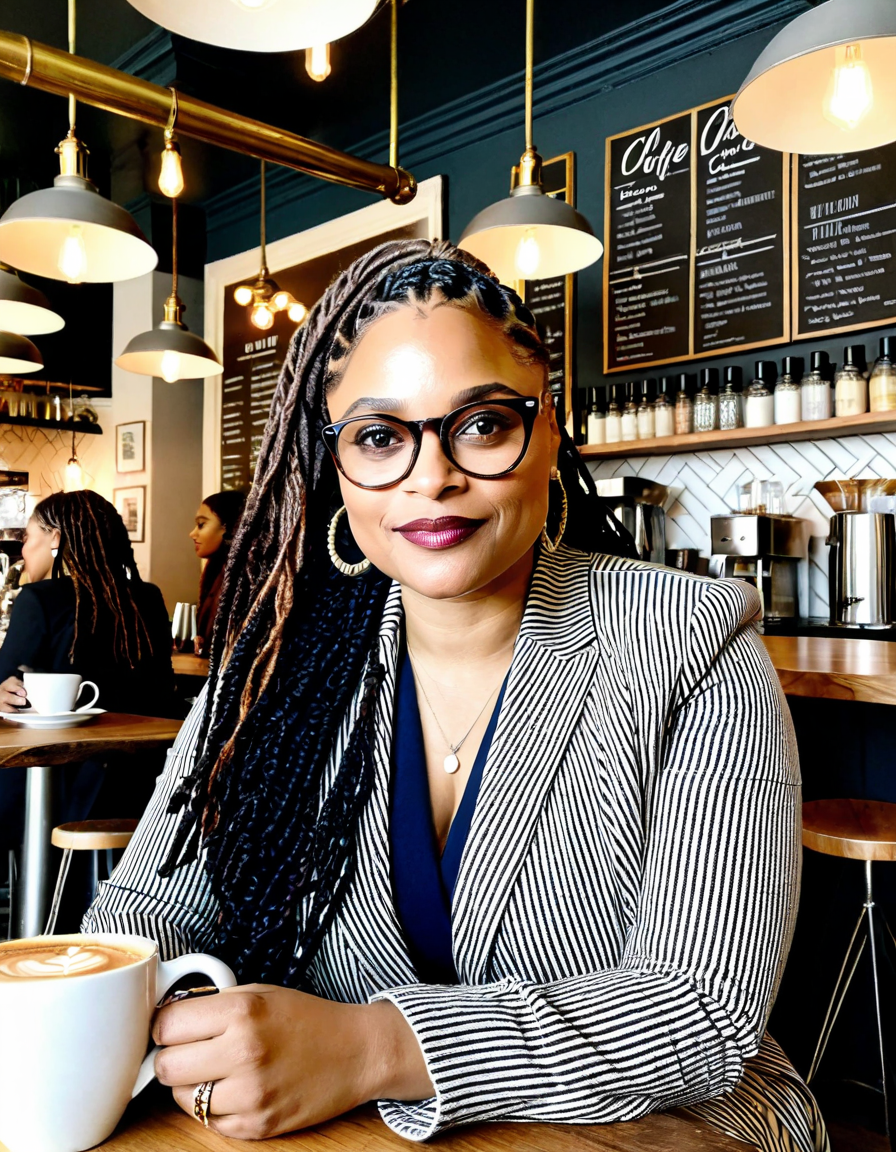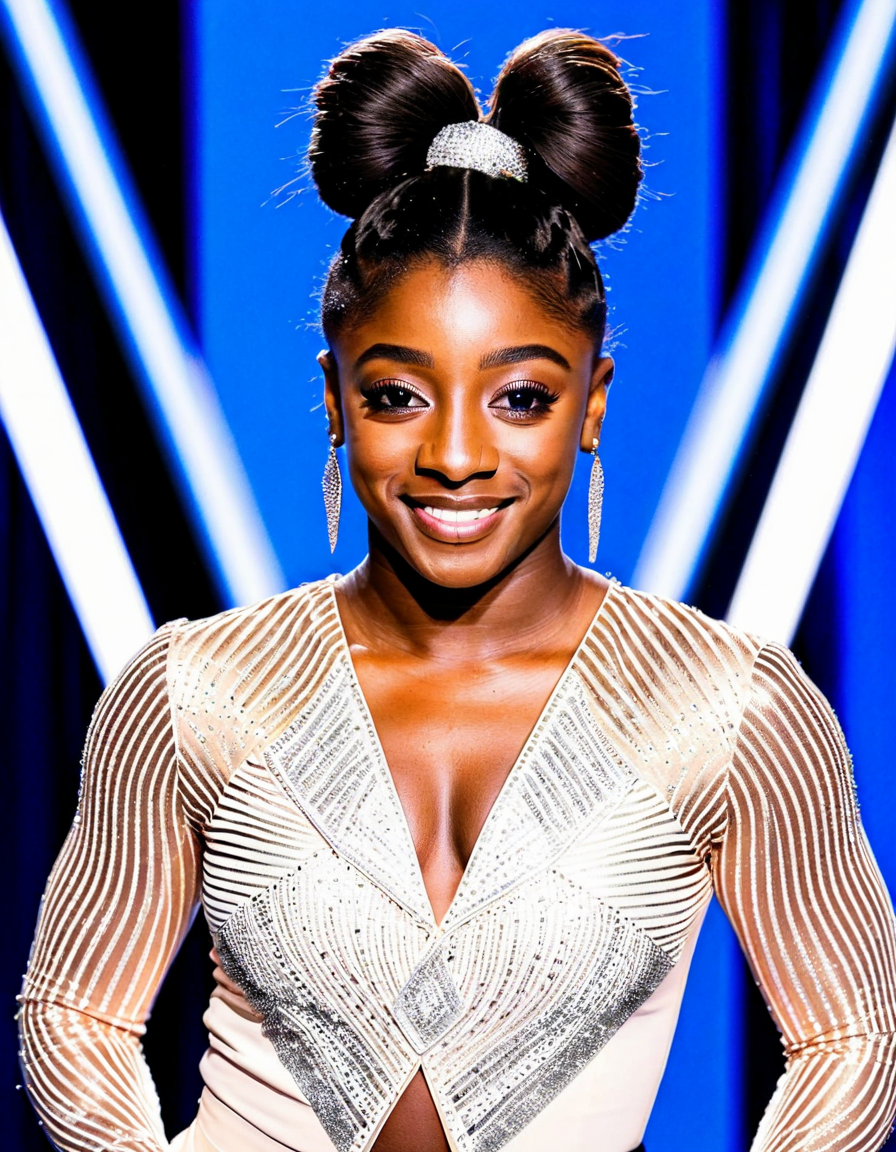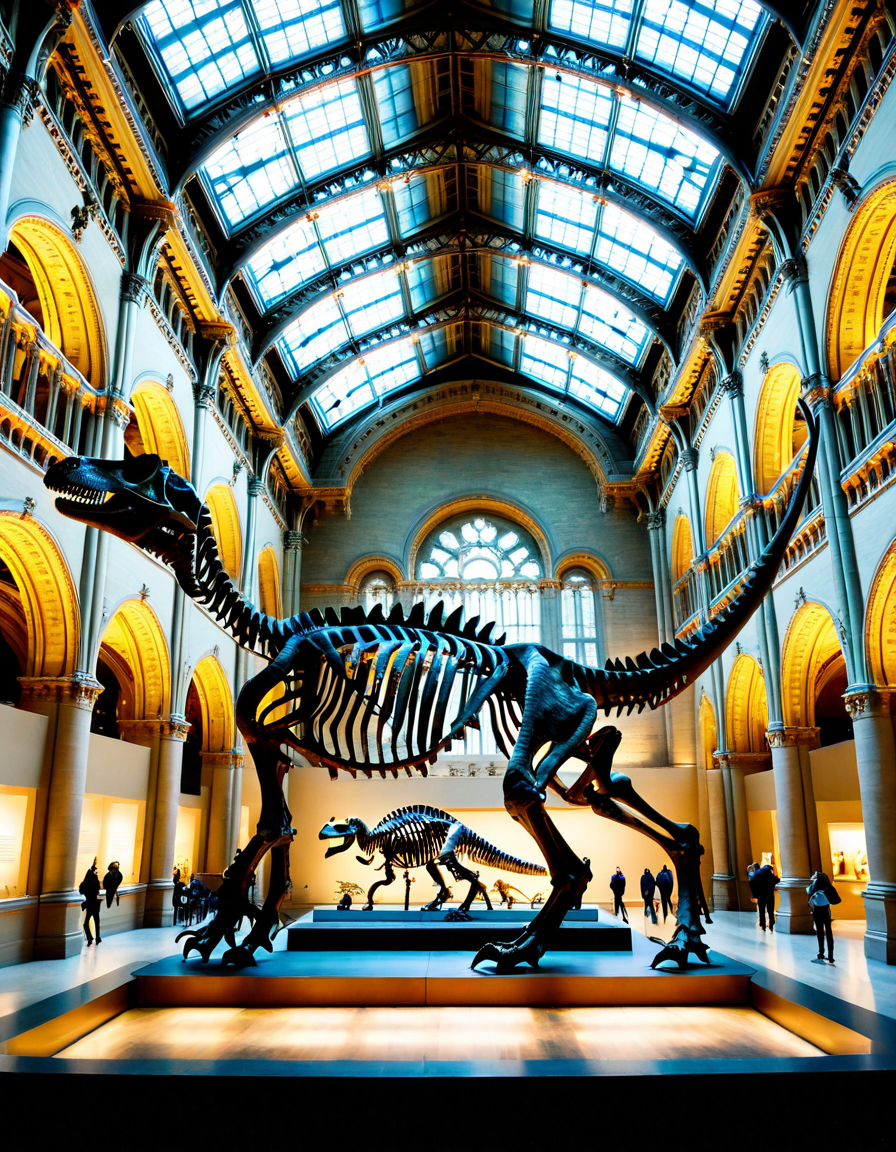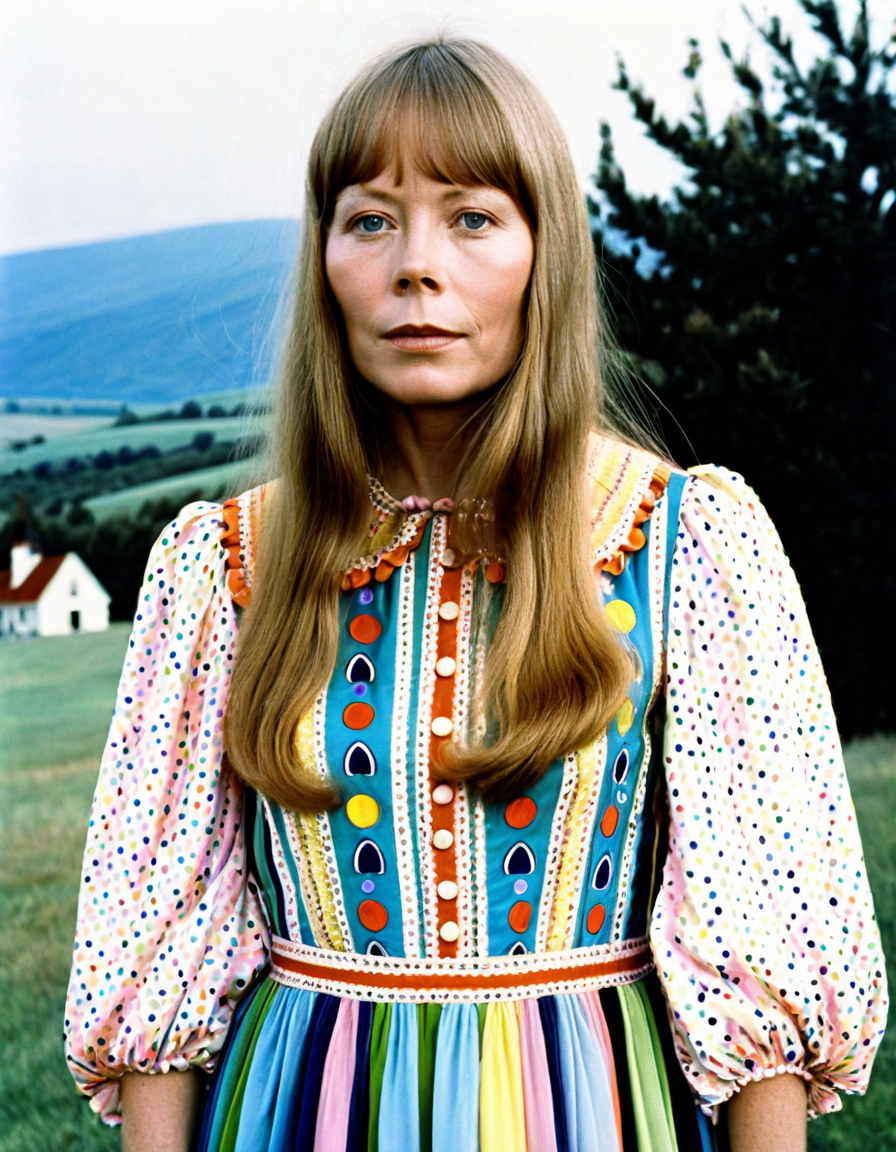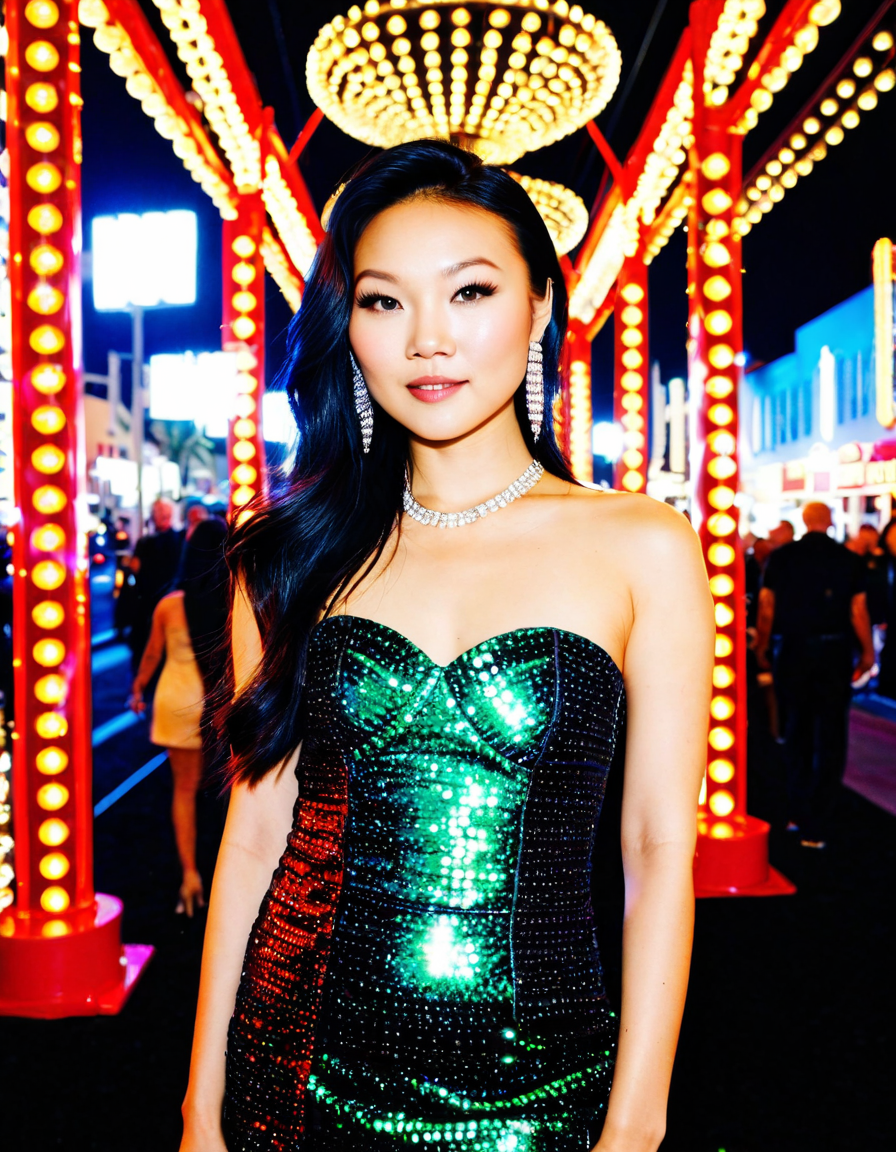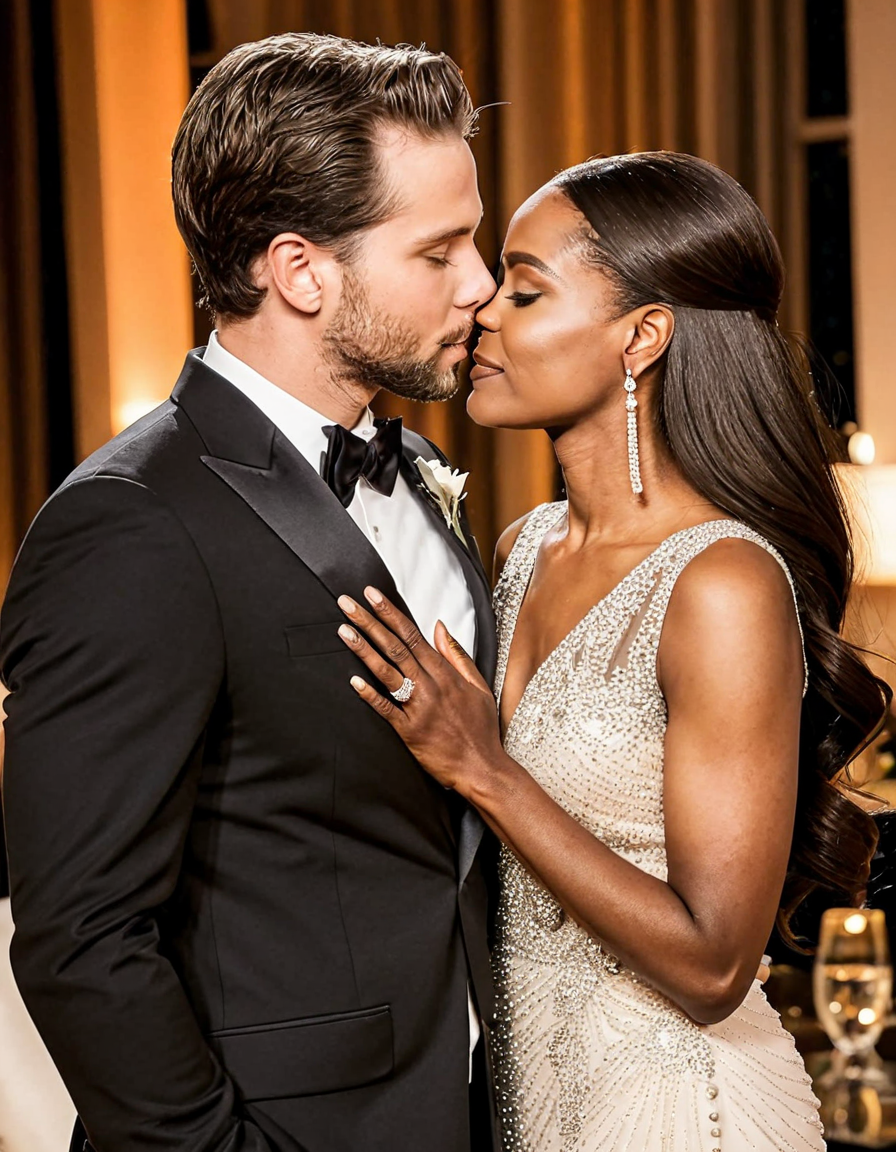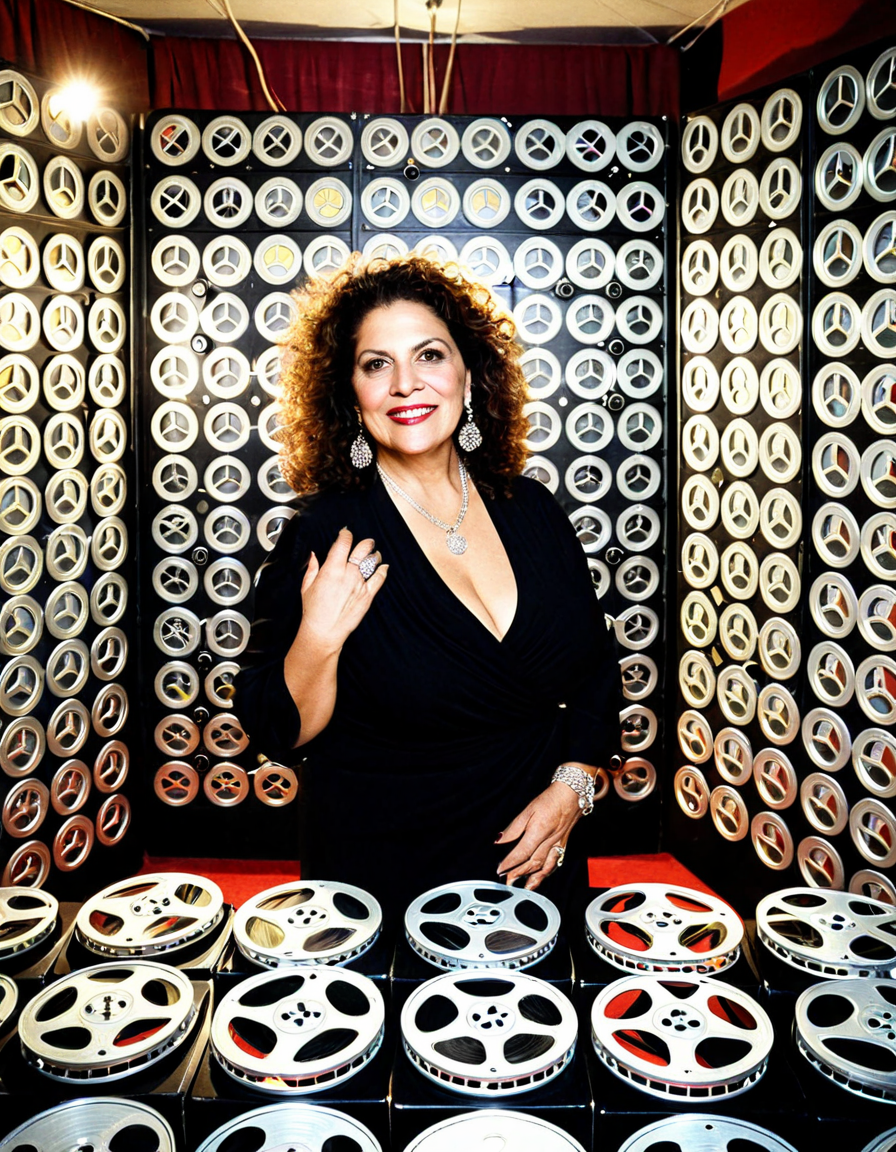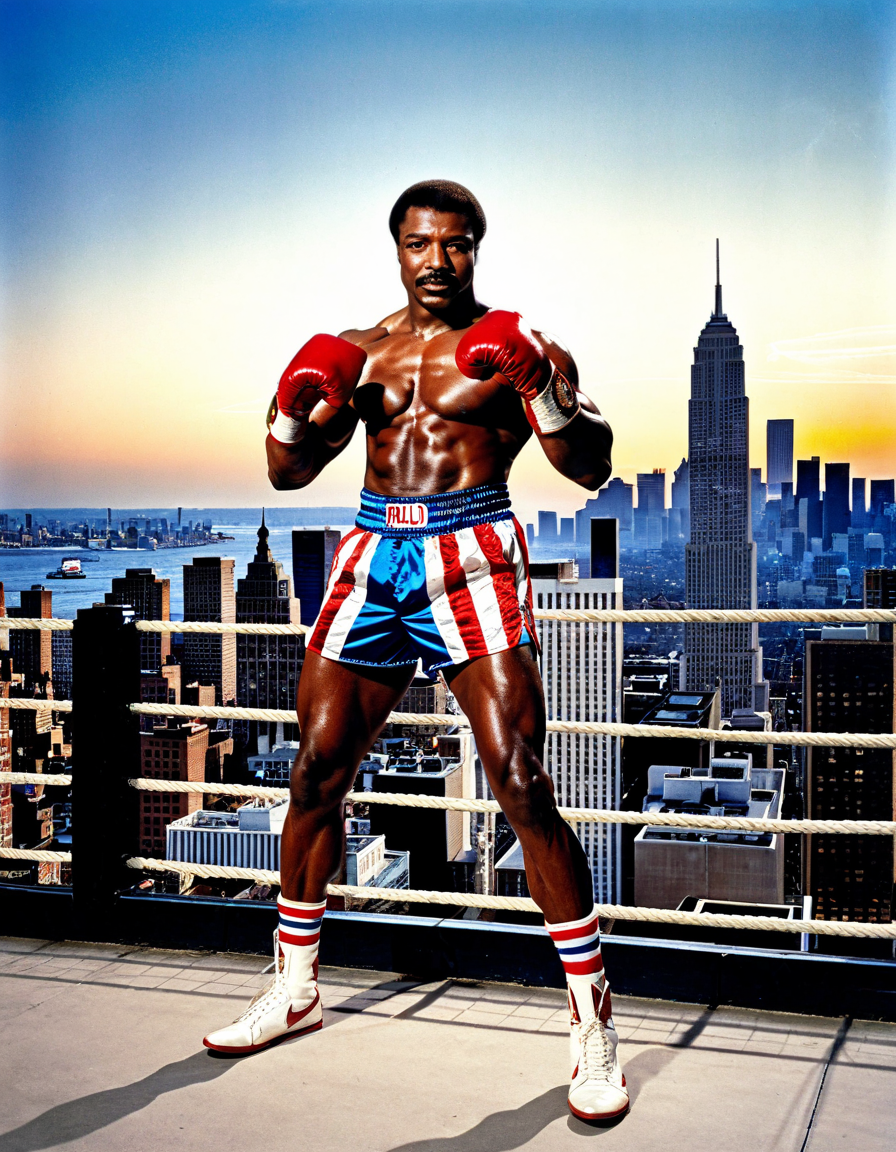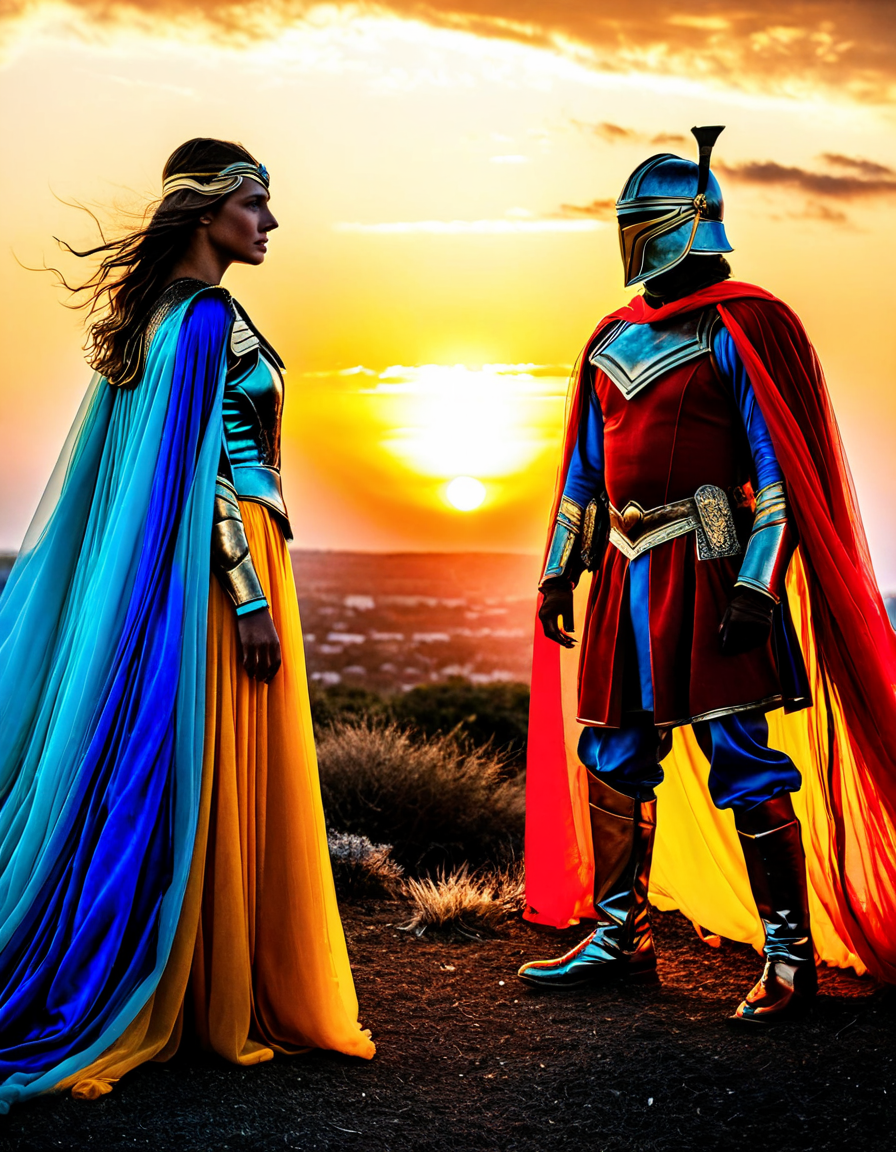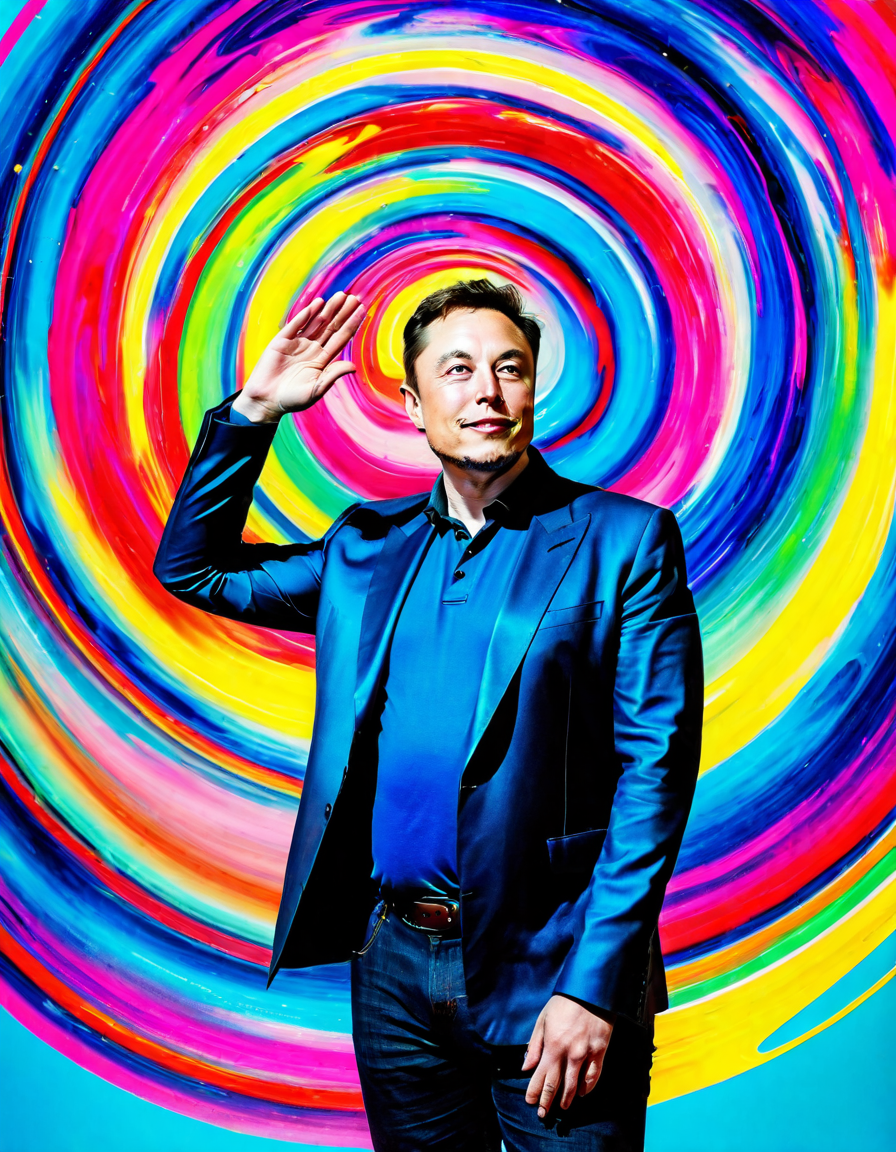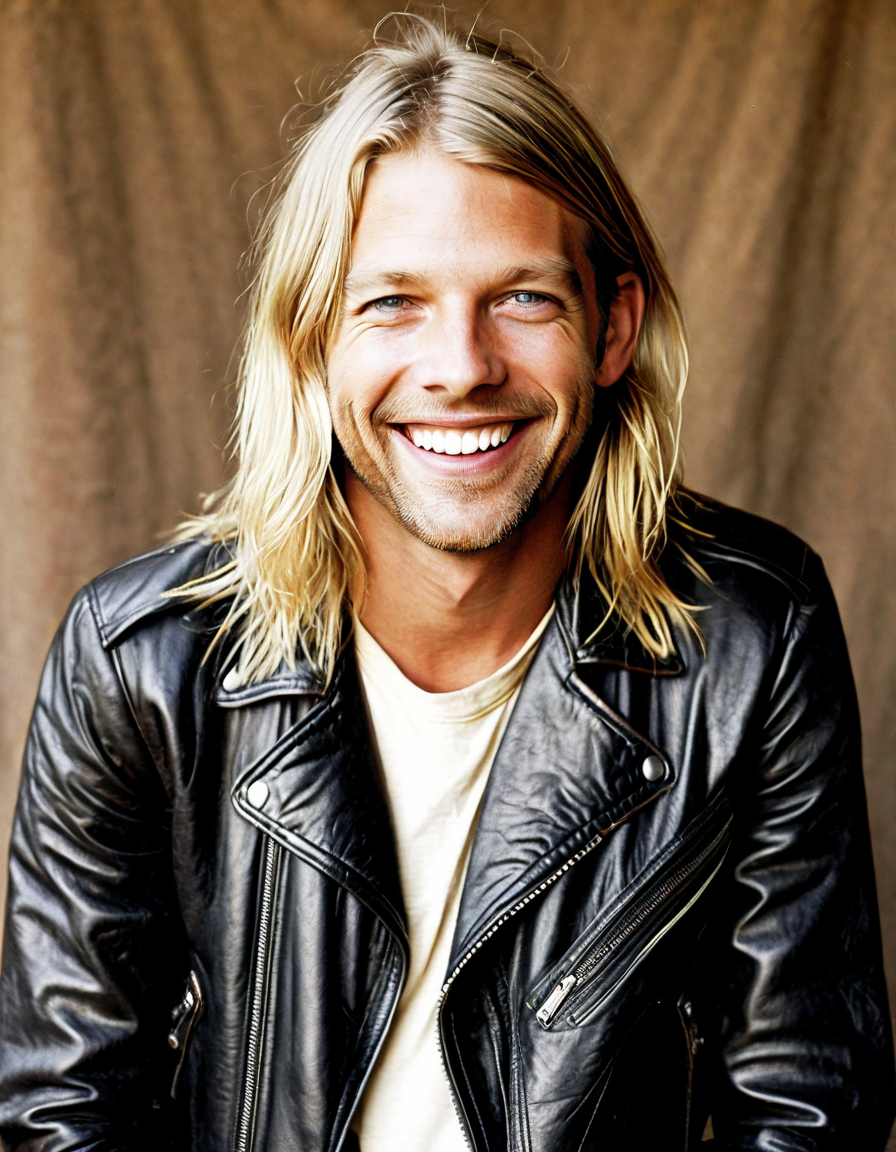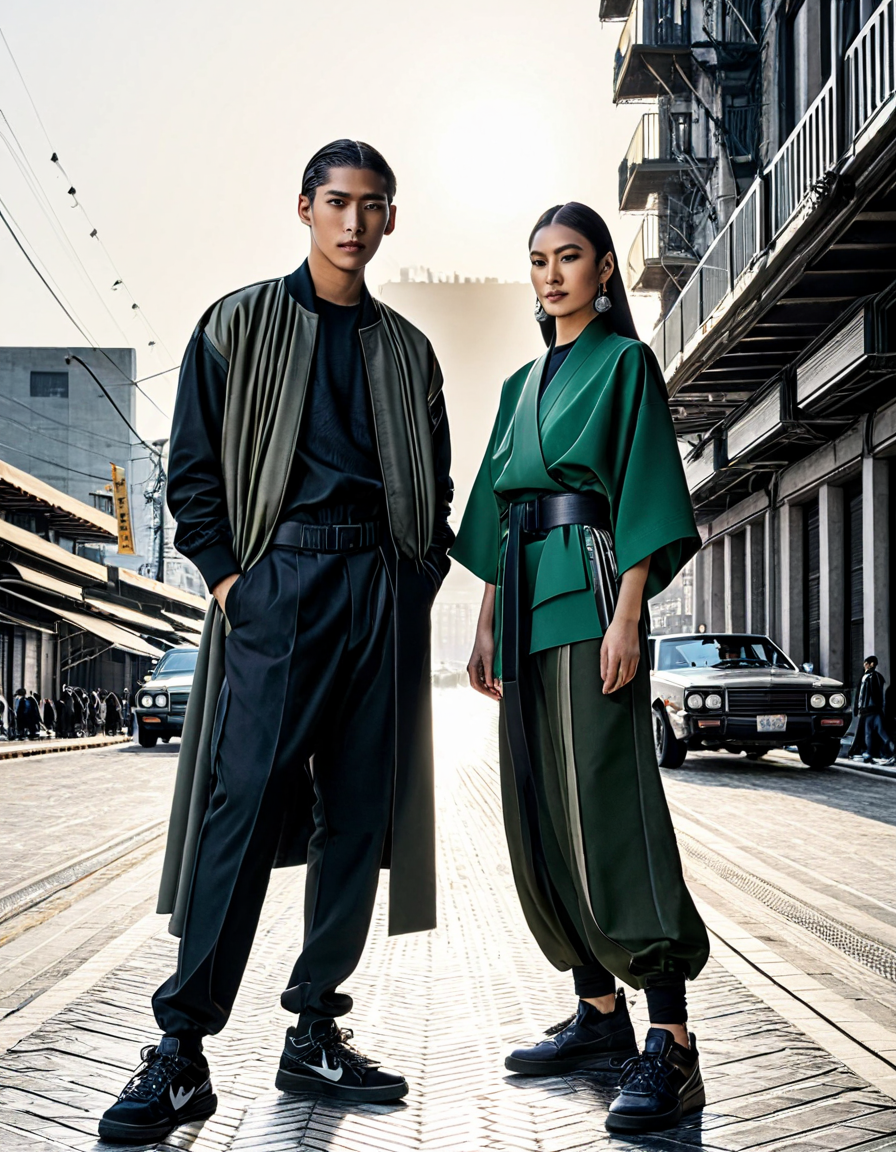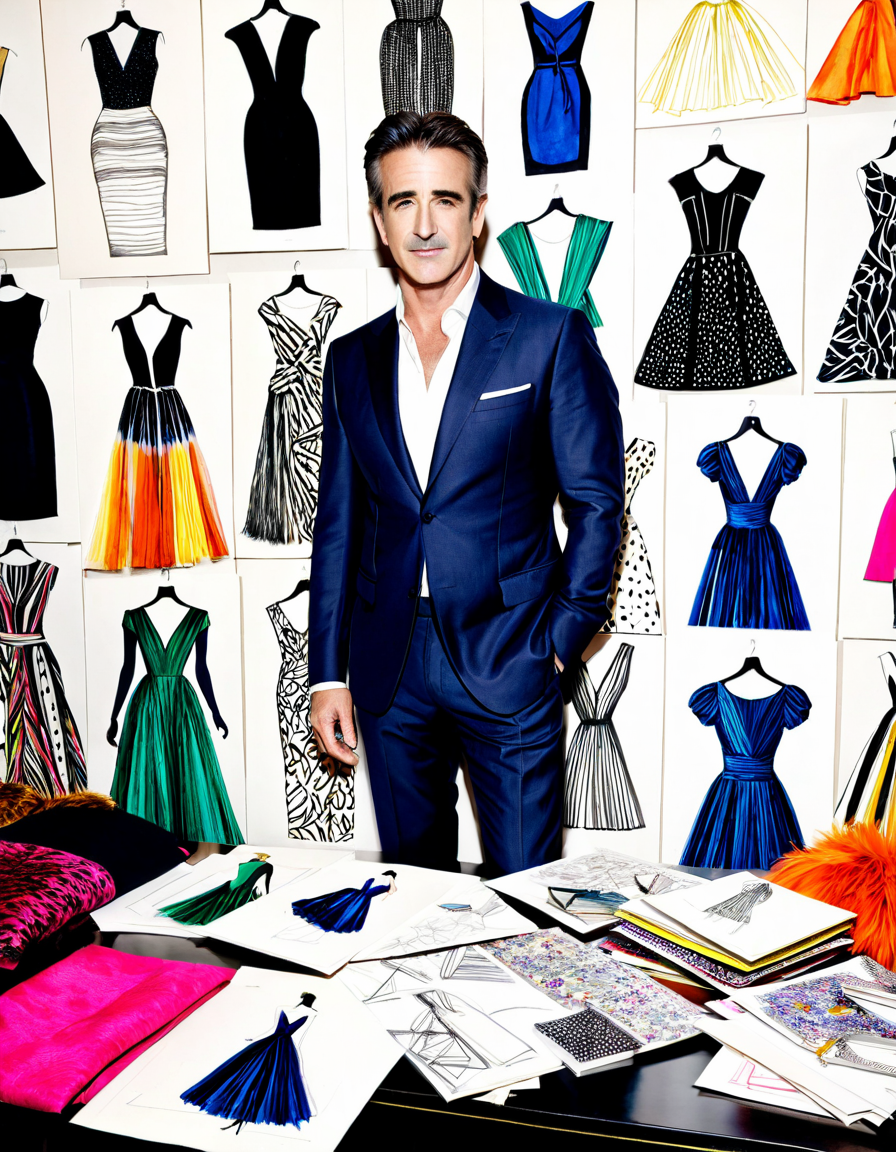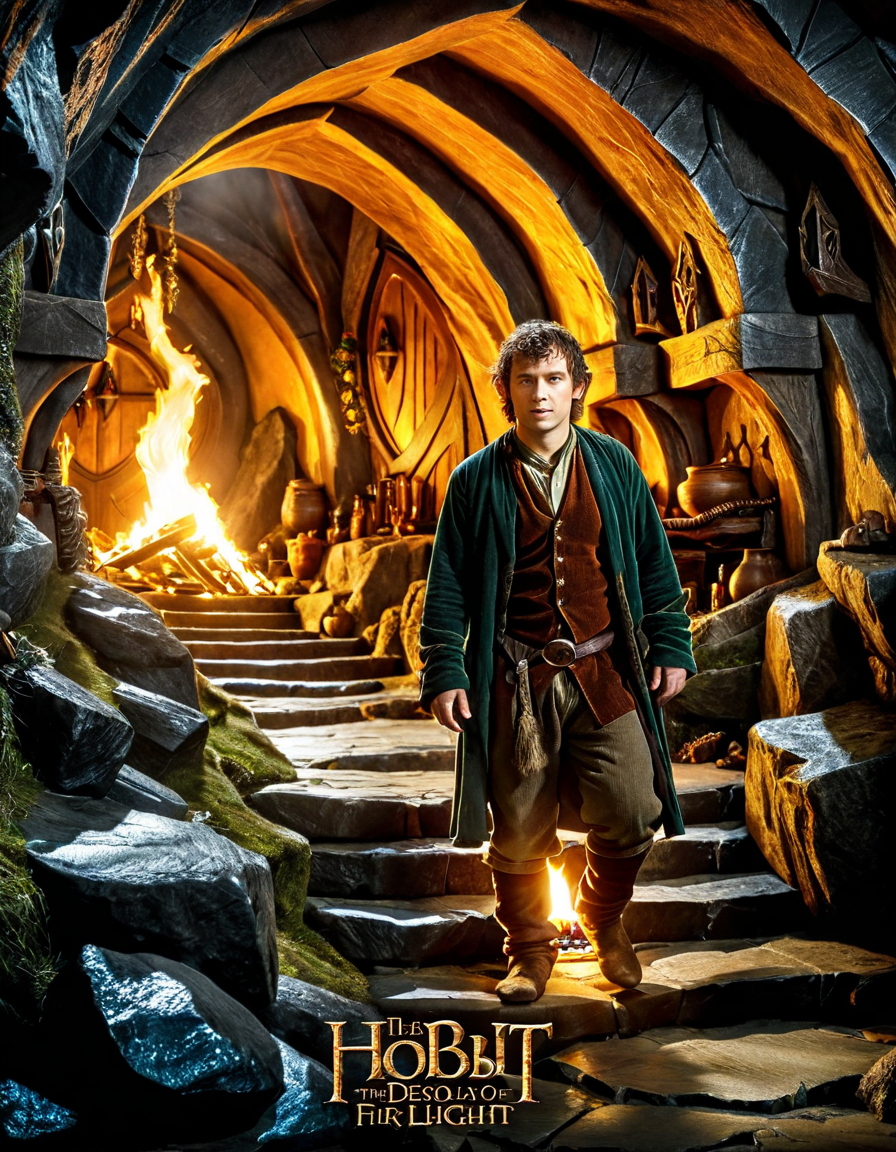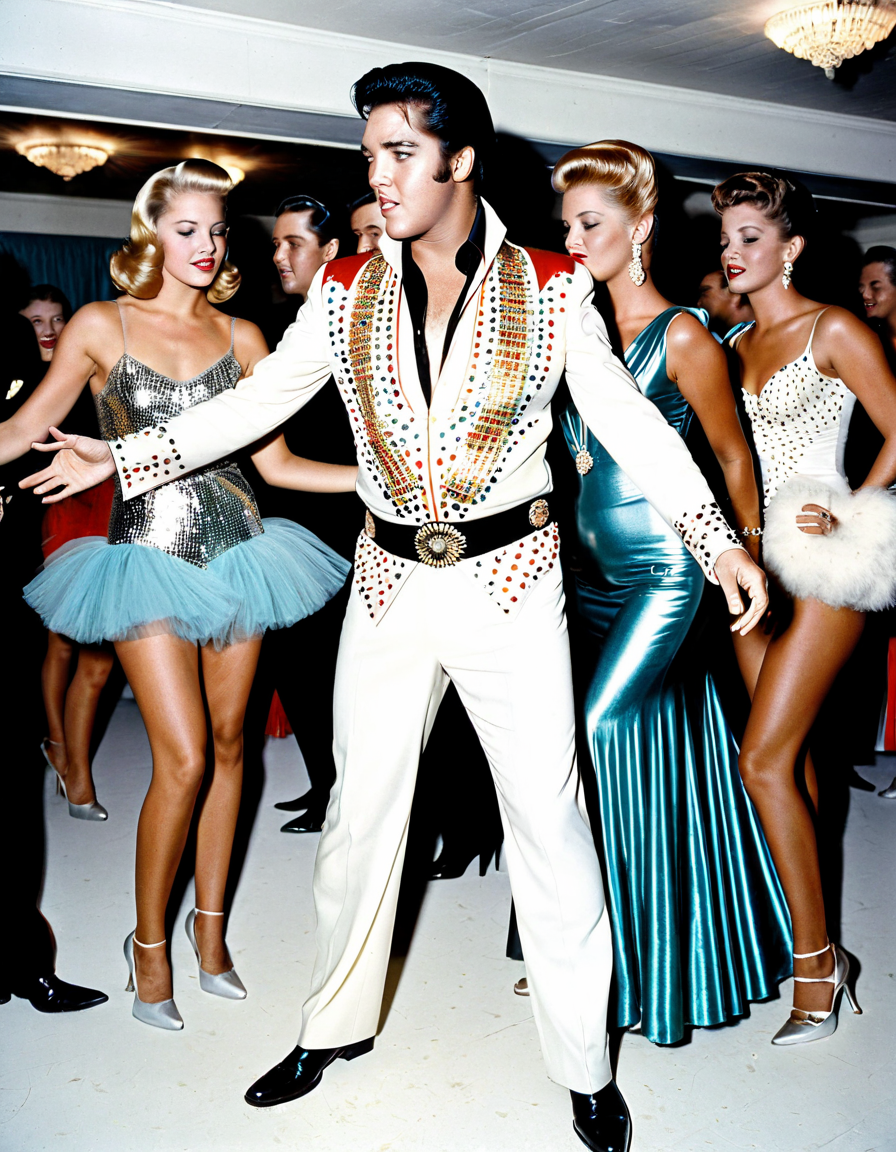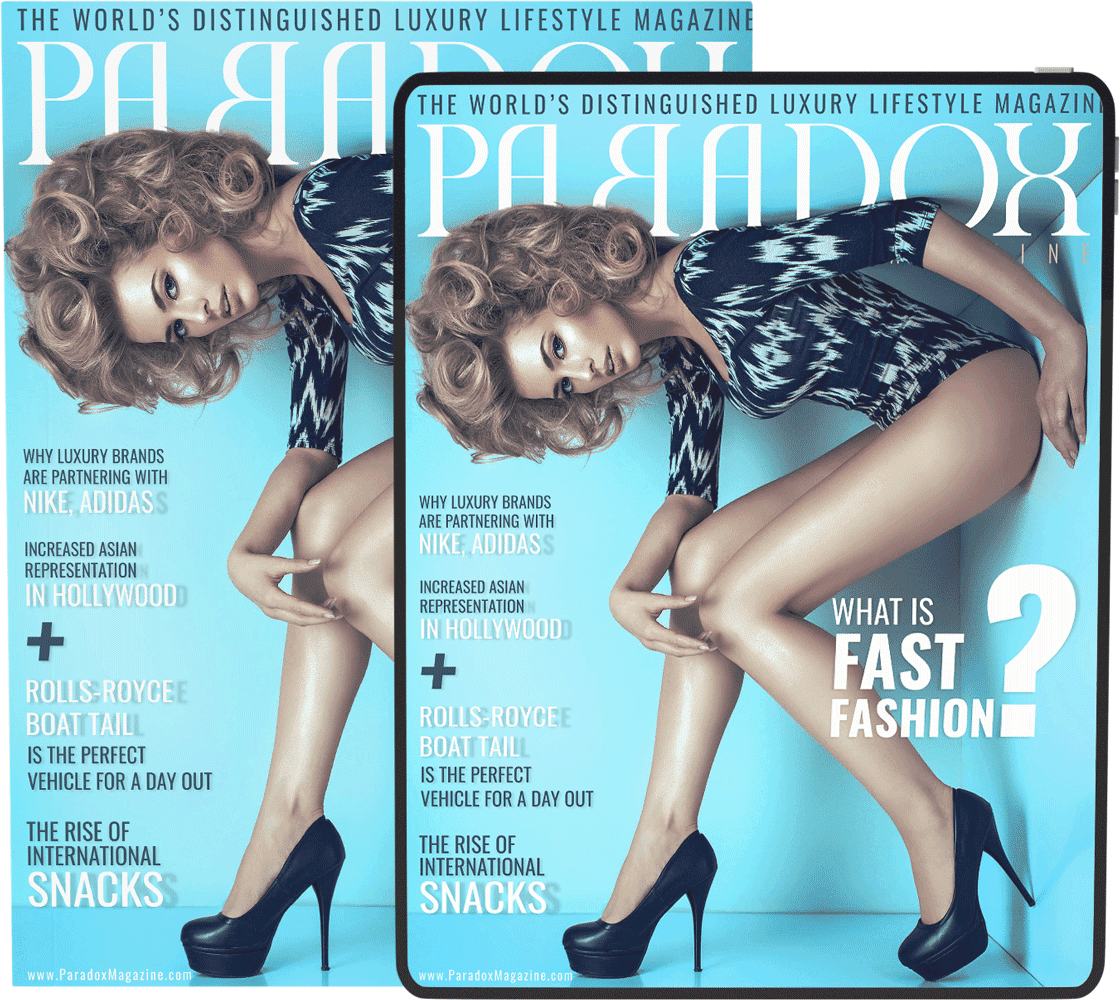Ah, “Goodfellas.” The mere mention of this 1990 cinematic gem directed by Martin Scorsese is enough to summon a wave of nostalgia, excitement, and that unmistakable thrill of gangster drama. The Goodfellas cast delivered performances that didn’t just breathe life into the film; they boldly redefined the very fabric of modern cinema. As I sip my espresso, we must delve into how these actors set unprecedented standards in character portrayal and storytelling, revolutionizing the gangster genre forever.
The film immerses us in the gritty world of organized crime, showcasing a blend of authenticity and emotional depth. It transformed how we view characters, morality, and the glorious yet tragic American Dream. Let’s shine a light on five brilliant performers from the Goodfellas cast whose magnetic acting has shaped an entire generation of filmmakers and actors alike.
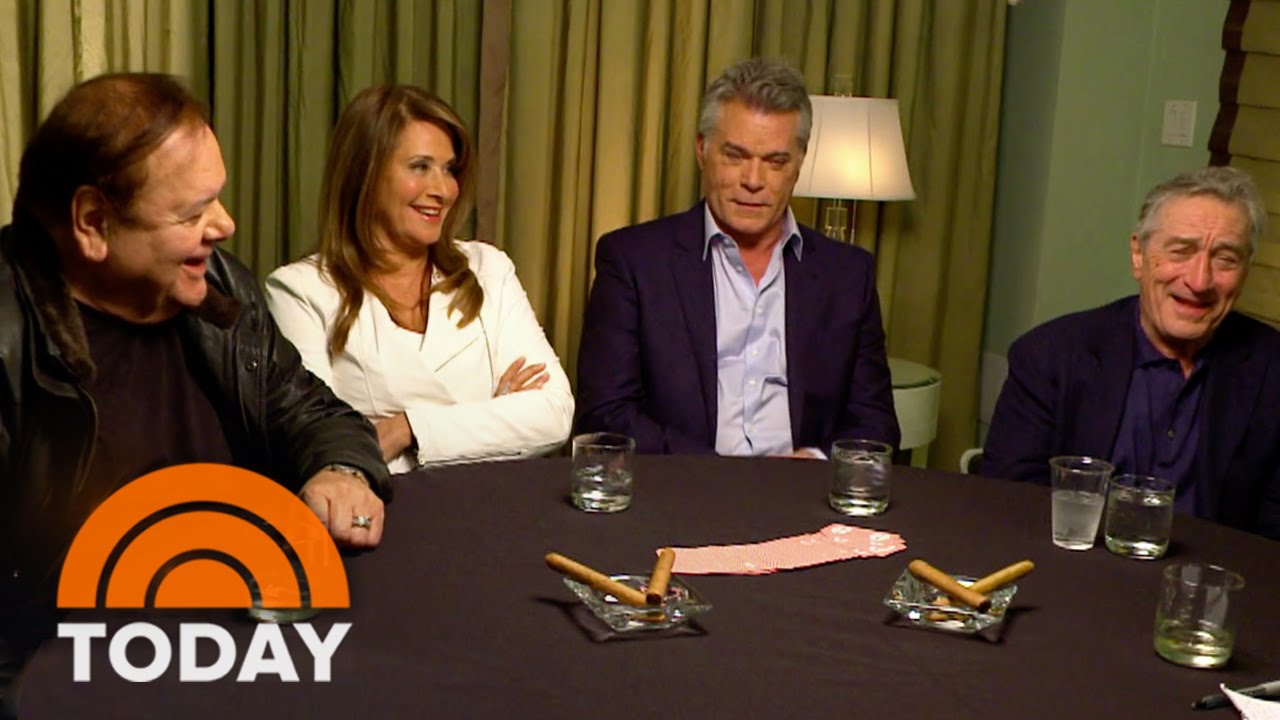
1. Ray Liotta as Henry Hill: The Everyman Antihero
Ray Liotta’s portrayal of Henry Hill is a striking embodiment of the vulnerable antihero. Here’s a guy we can somewhat relate to, embroiled in the temptations of crime while grappling with its dire consequences. Liotta didn’t just play a role; he invited us into Henry’s head, drawing us into his introspections through that haunting voiceover work. It’s not every day you witness an actor who oscillates between charm and chaos with such finesse, crafting a performance that’s both riveting and heartbreaking.
In many scenes, Liotta masterfully captures the dual allure and ultimate destruction of the criminal lifestyle. “I just want to be a part of it,” he whispers, resonating with anyone who’s ever felt that deep yearning for acceptance and recognition—albeit in a morally questionable form. His ability to showcase the flaws, vulnerabilities, and fleeting highs of Henry Hill remains a master class in character complexity, setting a new benchmark for future antiheroes.
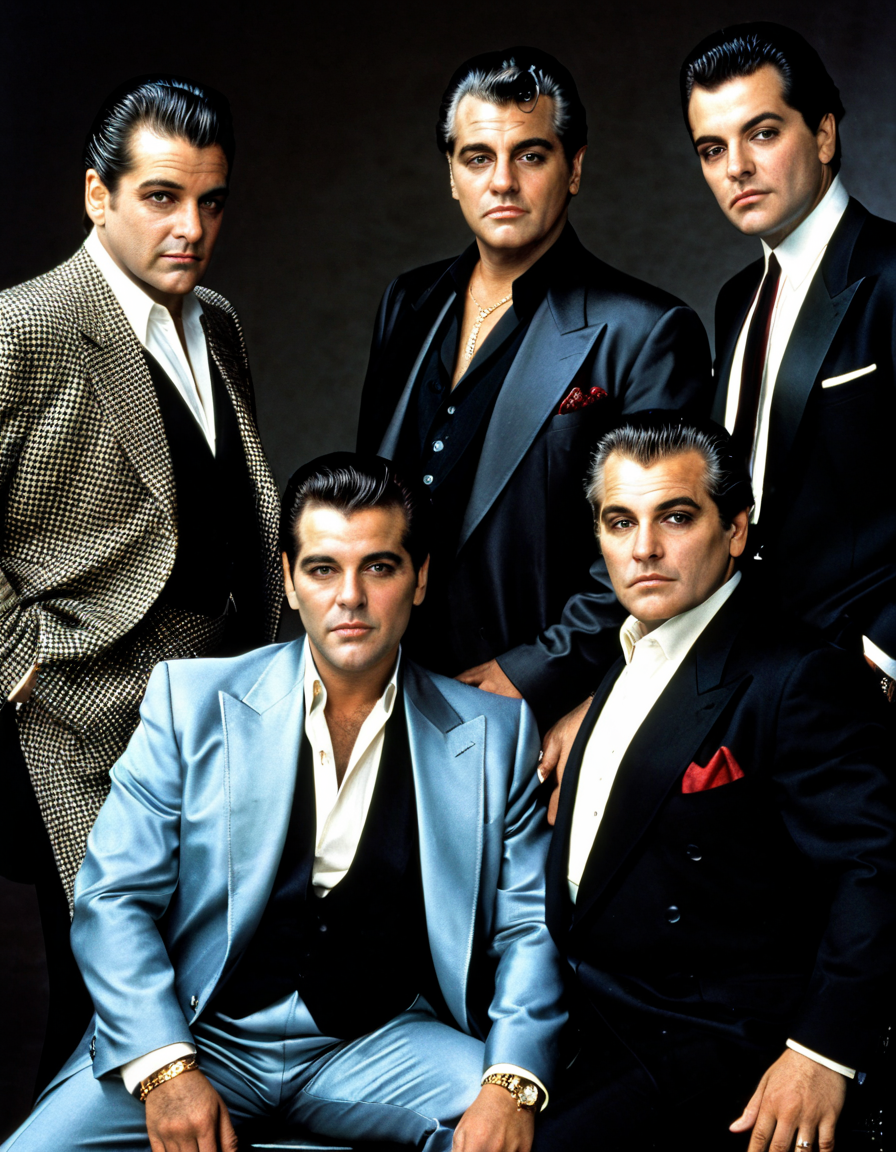
2. Robert De Niro as Jimmy Conway: The Charismatic Monster
When people say that Robert De Niro IS Jimmy Conway, they’re not exaggerating. His performance encapsulates the very essence of a charismatic monster, expertly blending charm and menace. De Niro’s commitment to researching the psychology of organized crime is legendary, which infused authenticity into every sly smirk and breath-stealing moment of brutality.
Who could forget those whispers turning into violent eruptions? De Niro meticulously built Jimmy into a character whose chilling charisma and cunning intellect seduce you into an ethical quagmire. Even as he committed the most reprehensible acts, you couldn’t help but admire the man—an intriguing portrayal that invites audiences to challenge their perceptions of morality as they grapple with the question: can a villain also be charming?
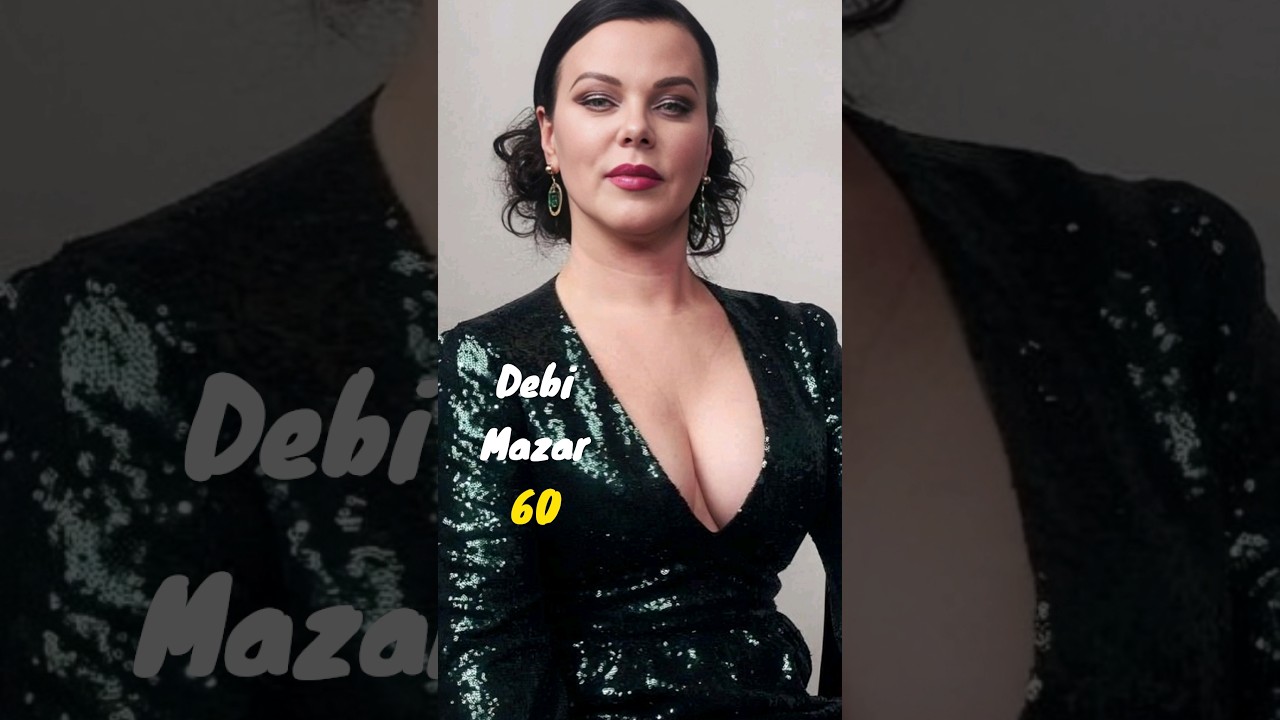
3. Joe Pesci as Tommy DeVito: The Explosive Genius
Now, let’s chat about Joe Pesci as Tommy DeVito. This performance is a whirlwind of raw energy, unpredictability, and sheer intensity. Talk about making an unforgettable impression! Pesci brings Tommy’s comedic timing and explosive outbursts to life, reminding us how laughter often intertwines with fear. That infamous “Are you talking to me?” moment catapulted him into the hallmark annals of cinema as a captivating antagonist.
Pesci’s portrayal reveals a character whose fury is compelling and frightening in equal measure. He captures the complexity of Tommy, whose violent tendencies serve both as his weapon and his coping mechanism. The blend of humor and danger makes this character a landmark example of how to play a villain, leaving us reeling in shock even as we laugh.
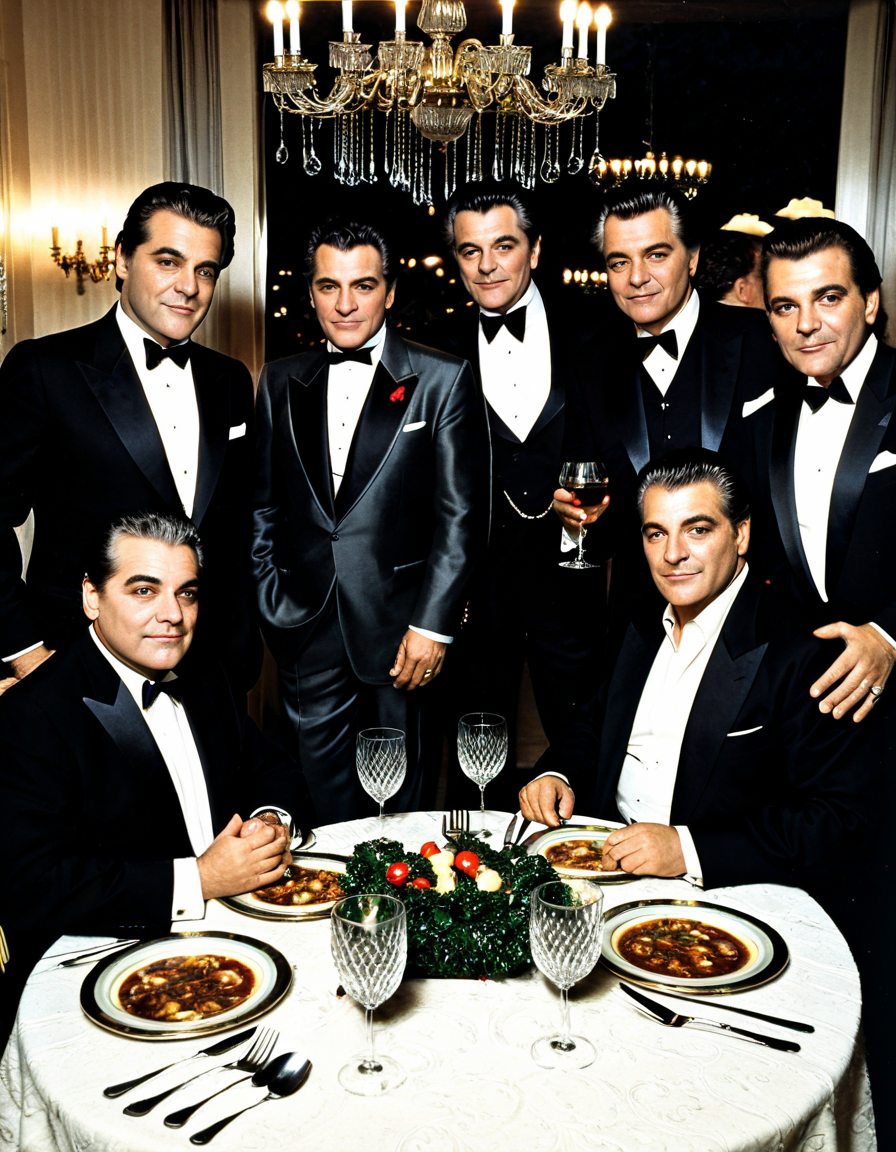
4. Lorraine Bracco as Karen Hill: The Emotional Anchor
While much of the narrative revolves around the male characters, Lorraine Bracco brought a refreshing perspective as Karen Hill. She shines as the emotional anchor amid a chaotic world of crime. Karen isn’t just Henry’s wife; she’s a voice of reason, conflict, and loyalty, offering a poignant look at the intertwining threads of love and criminality.
Bracco’s ability to convey vulnerability without sacrificing strength adds depth to her character. Her dynamic with Henry challenges the audience to confront the emotional costs of a gangster lifestyle. As she navigates her tumultuous relationship with Henry, she embodies the complexities of devotion and betrayal, paving the way for nuanced female portrayals in gangster cinema.
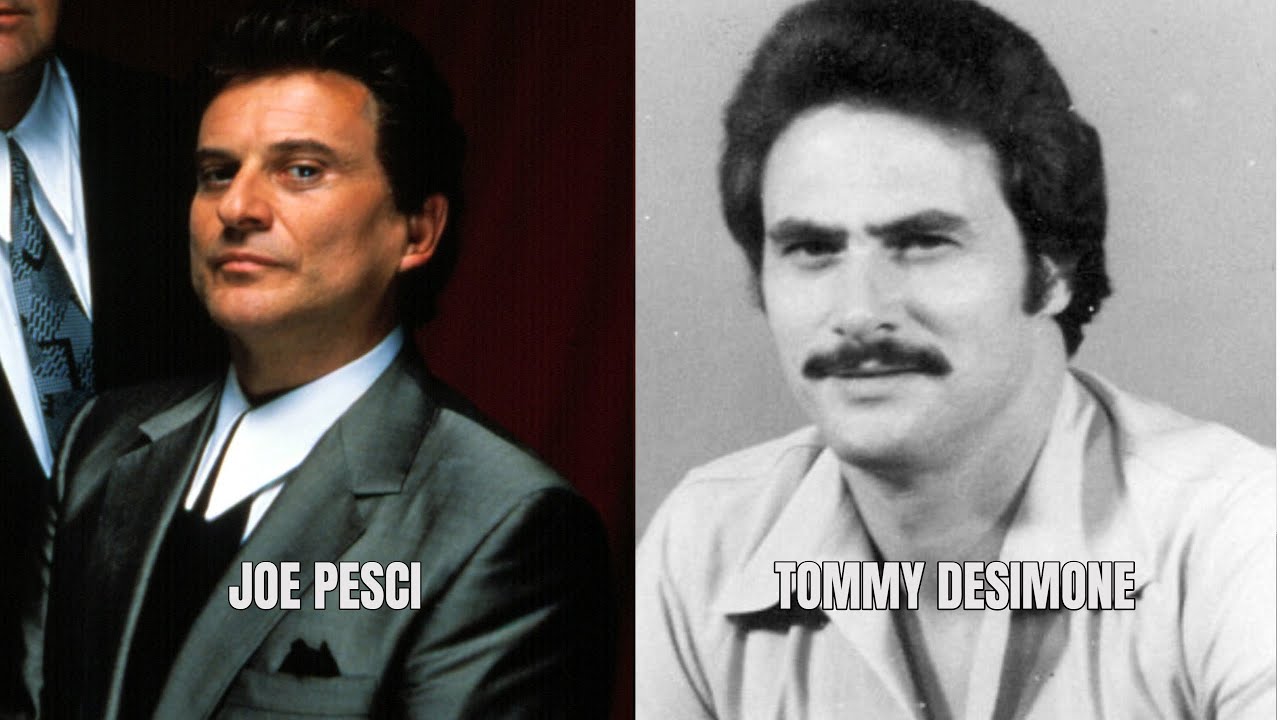
5. Paul Sorvino as Paulie Cicero: The Reflective Wise Guy
And then we have Paul Sorvino as Paulie Cicero, who strikes a delicate balance between wisdom and authority. His calm demeanor provides a stark contrast to the chaos surrounding him, allowing him to exude a quiet strength. Sorvino’s portrayal reflects the necessity of poise in the tumultuous criminal underworld—a skill that renders him both respected and feared.
His interactions with the other characters illuminate the intricate patterns of loyalty and betrayal that define the mob life. Sorvino embodies an unusual yet powerful reminder that wisdom and restraint can wield as much force as aggression—an idea that continues to influence portrayals of mob figures in film.
The Legacy of the Goodfellas Cast: An Enduring Influence
The Goodfellas cast has left a legacy that resonates beyond the film itself. Each actor brought a distinct flavor to their roles, elevating their characters from mere archetypes to fully fleshed-out individuals. This authentic portrayal of flawed humans has set a standard in character-driven storytelling.
The impact of their performances is monumental; they transformed the dialogue around character depth, moral ambiguity, and the psychological struggles of crime. As we venture further into the year 2026, the influences of Ray Liotta, Robert De Niro, Joe Pesci, Lorraine Bracco, and Paul Sorvino remind us that the heart of cinema lies in unforgettable performances. They turned the Goodfellas cast into a pivotal point in the evolution of film, inspiring new waves of creative visionaries eager to explore the rich tapestry of human experience through the lens of storytelling.
As we embrace future cinematic masterpieces, let’s hold tight to the lessons taught by this legendary cast. After all, as we’ve learned from Goodfellas, unforgettable storytelling emerges hand-in-hand with authentic performances. As we pursue our own journeys in the realm of fashion and beyond, let these honed narratives resonate, reminding us that it’s the characters that breathe life into the story, much like the dynamic personalities of our fashion-forward world.
Simply put: the Goodfellas cast didn’t just redefine characters; they redefined cinema itself, inspiring all of us—whether in film, fashion, or the art of living.
Goodfellas Cast: Whose Performances Redefined Cinema
Iconic Faces and Their Origins
The Goodfellas cast is a parade of talent that reshaped Hollywood. Ray Liotta, who portrayed the lead Henry Hill, had aspirations far beyond the mob. Interestingly, before landing this iconic role, he auditioned for Santa Clause 3 cast but was passed over, proving that casting decisions can sometimes lead to unexpected pathways. This twist of fate ultimately set the stage for one of cinema’s most compelling performances.
Robert De Niro and Joe Pesci, both legends in their own right, brought their unique flair to the film. De Niro’s portrayal of Jimmy Conway is chillingly captivating, influenced in part by real-life mobster stories. Speaking of captivating performances, did you know that Mattie Moss clark, a prominent gospel singer, inspired many artists across genres? It’s fascinating to see how stories intertwine across different entertainment fields.
Behind the Scenes: Casting Choices and Trivia
When you dig deeper, the casting process for the Goodfellas cast reveals some fun trivia. The filmmakers initially approached a variety of actors before settling on the perfect ones. For example, a then-unknown actor was seriously considered for the role of Tommy DeVito before Pesci stepped in and knocked it out of the park. This casting choice transformed the film, much like how the Catalogo Andrea 2025 redefined fashion trends in its industry.
As for those who were part of the film’s mythos, the actors’ chemistry on-screen magnified the mob’s gritty lifestyle. This dynamic mirrors the chaotic yet entertaining energy of flicks like Wrath Of The Titans, where character interplay often propels the narrative. It’s this interplay that keeps audiences engaged and invested in the characters’ journeys, blurring the lines between reality and fiction.
Legacy and Cultural Impact
The Goodfellas cast didn’t just leave viewers in awe; they left a mark that resonates today in various forms. Pesci’s explosive performance, for instance, has permeated pop culture, often referenced in comedies and dramas alike. Interestingly, even musical artists like Niall Horan have drawn inspiration from films like Goodfellas in their storytelling, emphasizing the cross-pollination of creativity in the industry.
Moreover, the movie’s influence extends its reach to other successful franchises, much like the Addams Family values cast that also blends dark humor with family dynamics. The excellence of the Goodfellas cast ultimately paved the way for new filmmakers and actors, proving that true artistry can transcend genres and time.
The intricate web of talent and story woven by the Goodfellas cast not only redefined cinema but elevated the entire art form, inspiring future generations to explore the depths of character and storytelling.
